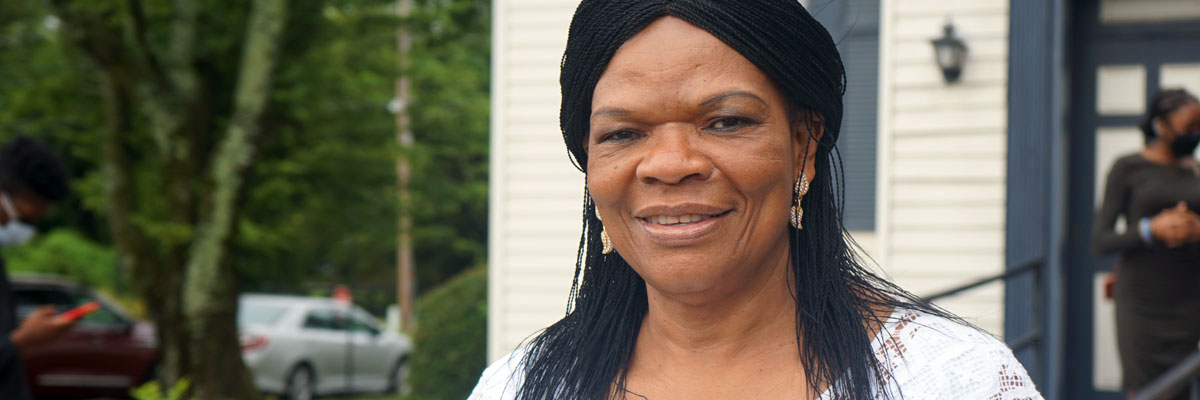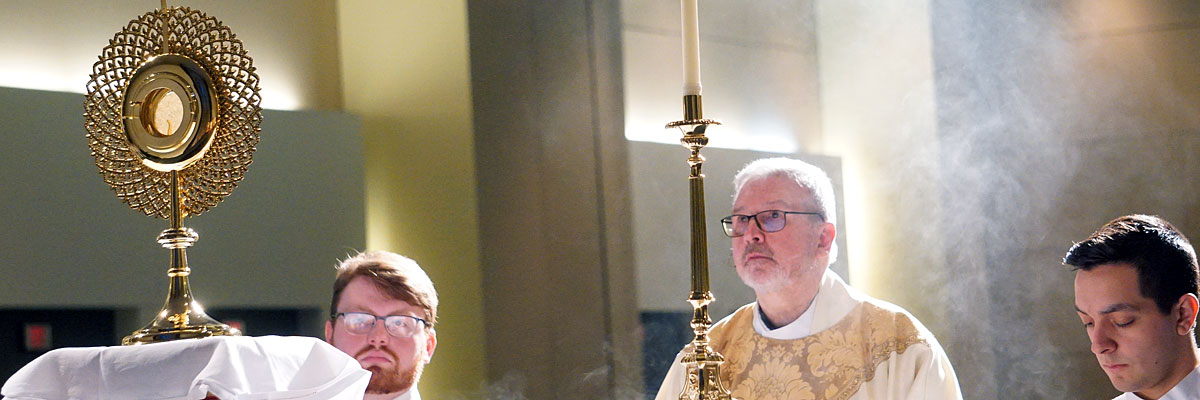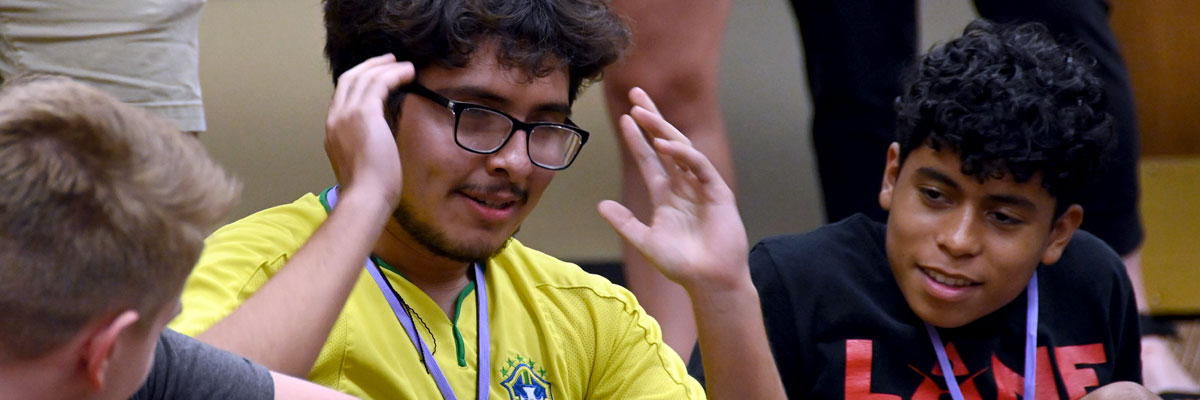Official Website of the
Catholic Diocese of Little Rock
Vatican II’s theological experts continue to shape Church today
Published: November 10, 2007
By Charles T. Sullivan
The Second Vatican Council, the 21st ecumenical council in the history of the Church, was undoubtedly the most important religious event of the 20th century.
Over a four-year period, it brought together some 2,500 bishops from around the world to discuss, debate and then decide the focus and future of the Catholic Church.
The scope of their task was enormous and the path to real progress was fraught with obstacles. But the Holy Spirit also had a say in things. In the end, the bishops were able to reach a collegial consensus and lay out the foundation for the course of the Church.
As part of the process, bishops were invited to bring their own theological advisors called “periti” (or the singular “peritus”), which means “expert” in Latin. Even an abbreviated listing of these experts is a veritable “Who’s Who” of contemporary Catholic thought. The following are four of these periti whose contributions continue to shape our Church today.
Father Yves Congar, OP. He was a French Dominican whose primary focus was a theology of Church (ecclesiology). During the council, Father ongar worked behind the scenes on many of the documents, often in the face of controversy and over objections from more-conservative Church leaders. His understanding of the Church as people of God and his openness to an honest spirit of true ecumenism helped frame the entire work of the council. Pope John Paul II named Father Congar a cardinal in 1994; he died in 1995.
Father John Courtney Murray, SJ. He was a giant in American theology, whose controversial (at that time) views have come to dominate the Church’s understanding of religious liberty today. During the council, Father Murray was instrumental in drafting the Declaration on Religious Freedom, which affirmed religious freedom as a basic human right for all; and the freedom of the Church as the fundamental principle governing relations between church and state. Father Murray died in 1967.
Father Karl Rahner, SJ. He was one of the most influential of all the periti during Vatican II. He was not without his enemies, however, and was only invited to serve as an expert by Pope John XXIII. Father Rahner was a brilliant, forward- thinking theologian whose most important contribution to the council was his fundamental notion that grace is offered to humans universally. During the council, this overarching theology of grace opened the door to an appreciation of the truths found even in non-Christian religions. After Vatican II, Father Rahner became the Catholic Church’s leading theological voice. He died in 1984.
Father Joseph Ratzinger. He is a German Catholic theologian, who, early in his career was a close associate of Father Hans Kung at the University of Tubingen — one of the world’s leading centers of progressive Catholic thought. Father Ratzinger was invited by the bishop of Cologne to serve as peritus although he was initially considered a bit too progressive by some of the more conservative elements at the council. Through the years, Father Ratzinger’s many writings have always been distinguished by their deep insight, firm orthodoxy and brilliant clarity. In 1977, he was named a cardinal and in 1981, he was appointed prefect of the Congregation for the Doctrine of the Faith by Pope John Paul II. Today, of course, we know the former peritus Father Ratzinger as Pope Benedict XVI.
Charles T. Sullivan, a former member of St. Bernard Church in Bella Vista, has a master’s degree in theology from the University of Dallas. He attends St. Mary Church in Joplin, Mo.









